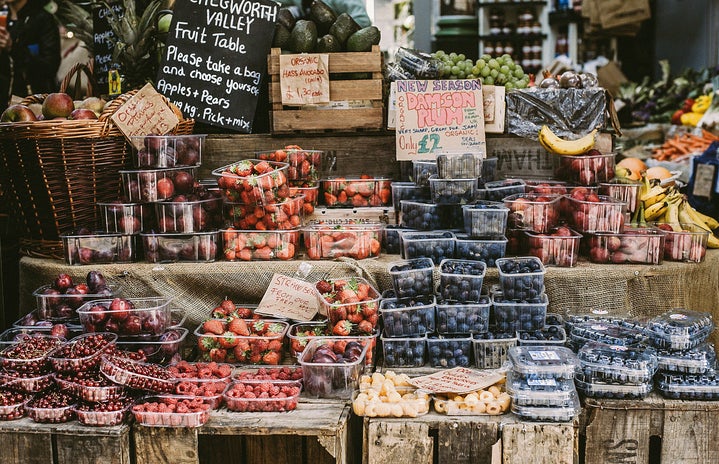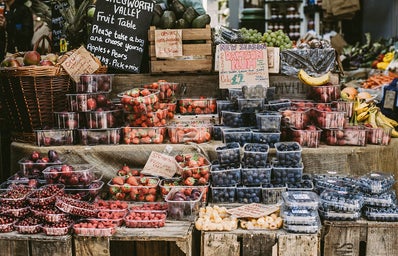Last Tuesday, international celebrities such as Rihanna and Greta Thunberg made social media headlines after voicing their support on Twitter for the Indian farmers protesting in New Delhi since last year.
In one tweet from Rihanna, the singer-turned-business mogul shared a report made on the internet shutdown at protest sites, commenting, “Why aren’t we talking about this?!” Her tweet, as well as ones made by Thunberg, led to criticism from Indian government officials about celebrity comments on social media, saying that it is “neither accurate or responsible.”

Thunberg, famously recognized as one of the youngest environmentalist activists in the world, was not afraid to speak out by later posting that, “No amount of hate, threats or violations of human rights will ever change that.”
Other notable figures rallied behind Rihanna and Thunberg’s responses, such as Vice President Kamala Harris’ niece, Meena, House Representative Ilhan Omar, and Steelers wide-receiver Juju Smith-Schuster, who donated $10,000 to provide medical assistance to farmers camping at various protest sites.
For the farmers’ protests being one of the largest human protests in history with the initial strike having over 250 million workers and farmers supported by unions amidst the COVID-19 pandemic and harsh winter weather, it is apparent that the world has not been made fully aware of India’s changing agriculture policies, specifically with little news coverage in the US up until recently. For video reference, Vox posted a YouTube video on Dec. 30, 2020, explaining the impetus of such a movement and how government control is threatening the livelihoods of farmworkers and their income under heavy government control.
Farmers from Punjab have been peacefully protesting around the outskirts of the nation’s capital, New Delhi, since last Fall, asking for the Indian Parliament to repeal the passing of three new agricultural laws last September. The farm laws are intended to essentially, “remove constraints on buyers and shift control over trade from States… which can now fully regulate and control agriculture in ways that foster consolidation of select businesses that find favor with the Government in power,” according to research from Sudha Narayanan of the International Food Policy Research Institute in New Delhi. Farmers fear that these reforms are exploitative of their labor and could severely affect their earnings.
Additionally, farmers are demanding protection of an essential feature of Indian agricultural policy: a guarantee of the Minimum Support Price (a.k.a. the MSP). The MSP works to assure that products sold are set at an assured price even when crop prices begin to fall short.
So, what does this mean for India’s agriculture and economy, and well as the transportation of certain goods coming into the US?
According to Vox, India is made up of 1.4 billion people and agricultural work makes up half of the country’s labor force. The country’s largest and poorest segment is now left to fend for themselves in the middle of a global pandemic, which has already threatened agricultural work. According to the Spices Board of India, India produces approximately 68% of the world’s spices, such as pepper, turmeric, ginger, garlic, and more. Additionally, the country is also the world’s second-largest producer of grains, fruits, and vegetables. The United States happens to be one of the main importers of these goods, so if farmers do not receive financial and legislative support from their government that they need to keep working, it will affect the availability of these essential items in grocery stores.
It’s important that people around the world begin to do their due diligence by researching and listening to stories of hard-working farmers whose labor is being exploited under heavy government control. On social media, people can use hashtags to raise awareness online, such as #farmersprotest and #istandwithfarmers.
Let’s continue to stand in solidarity with India’s farmers.




